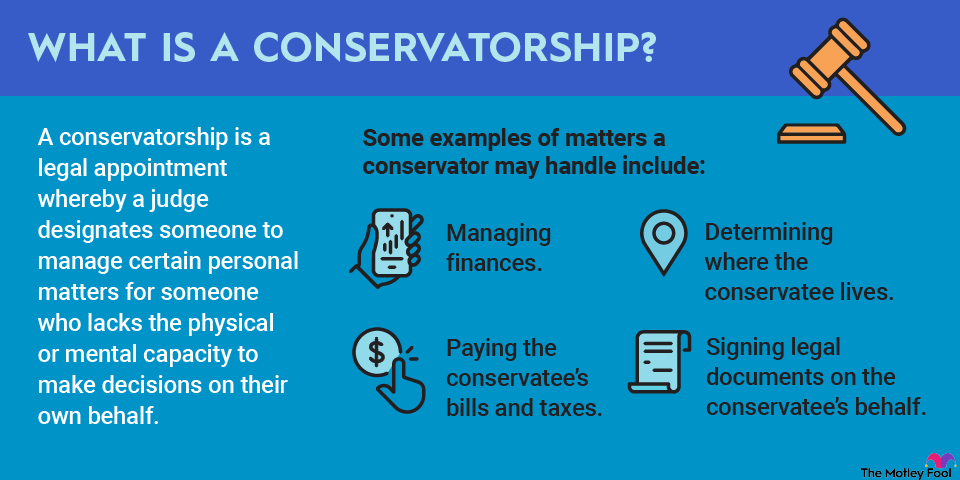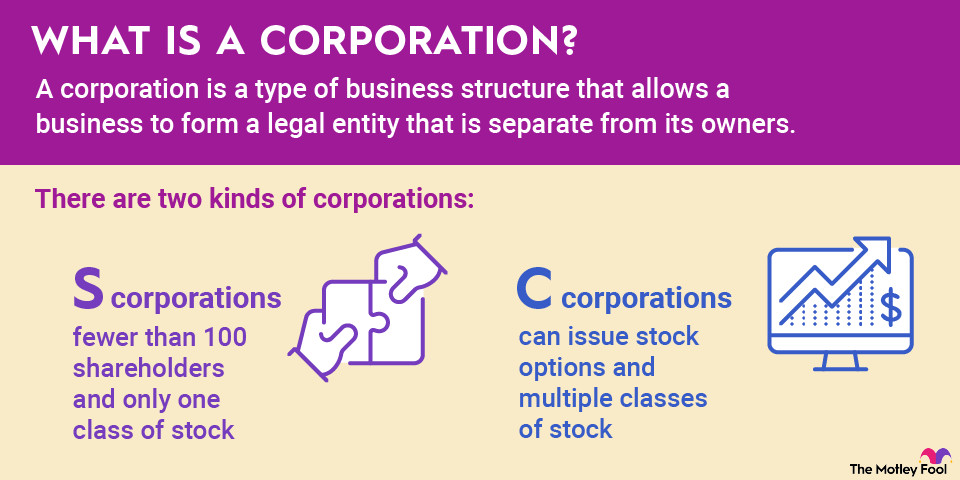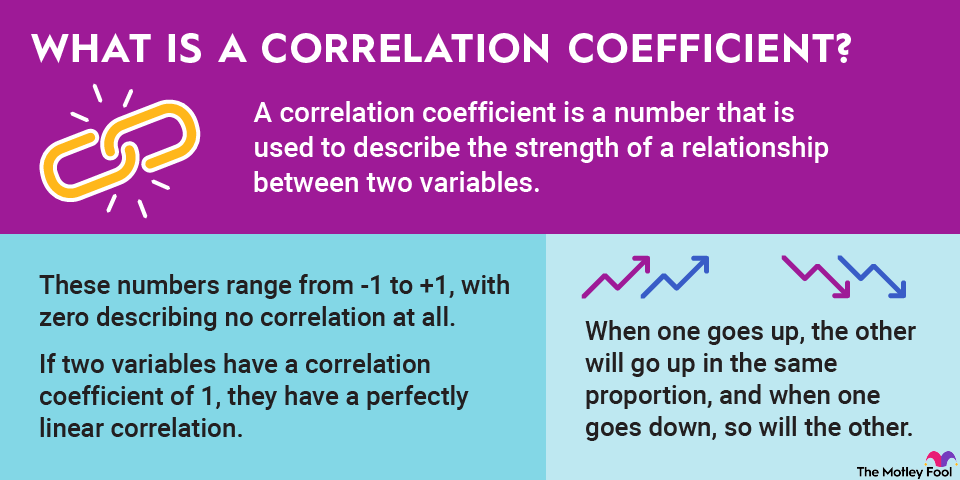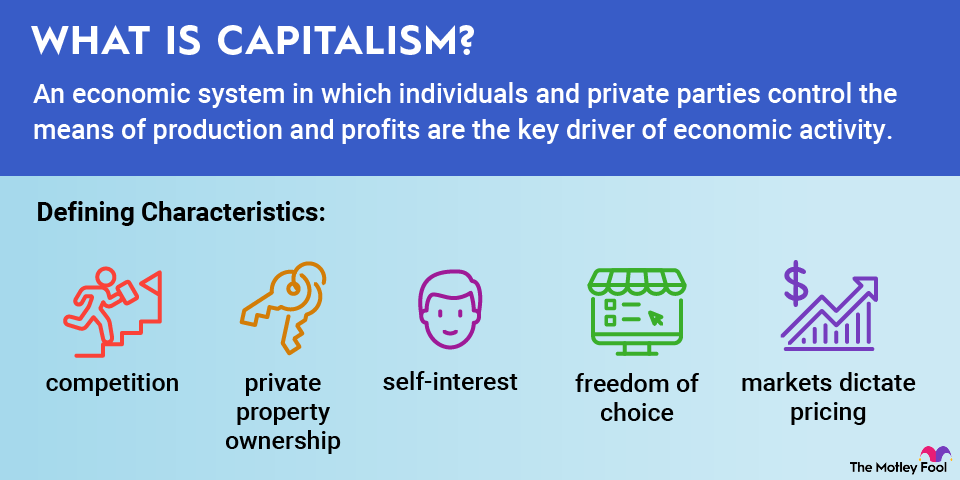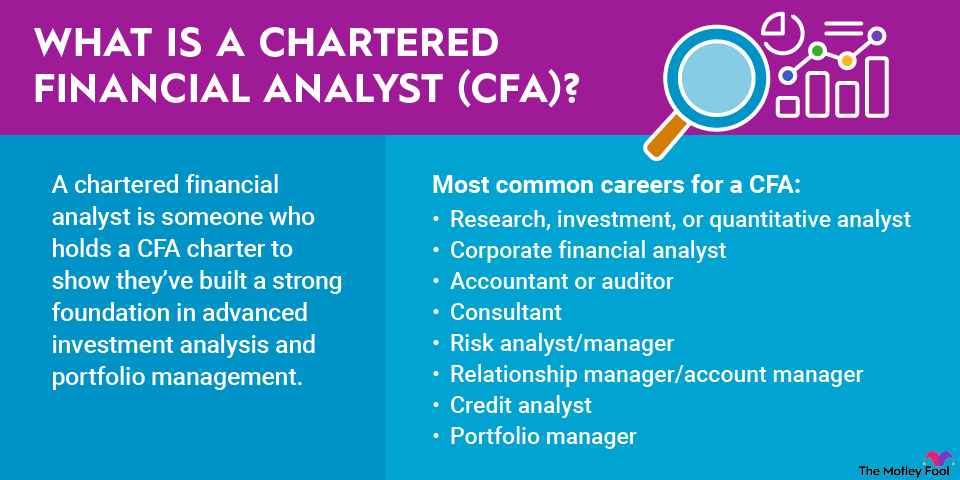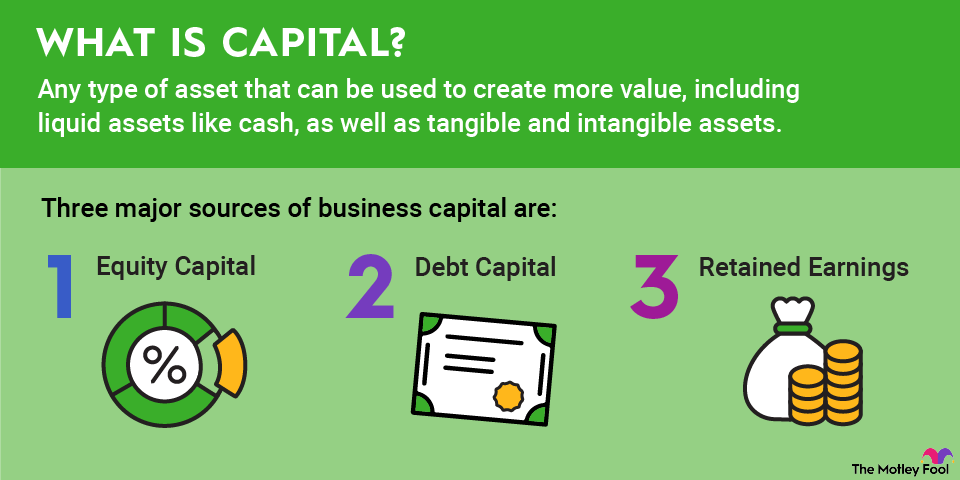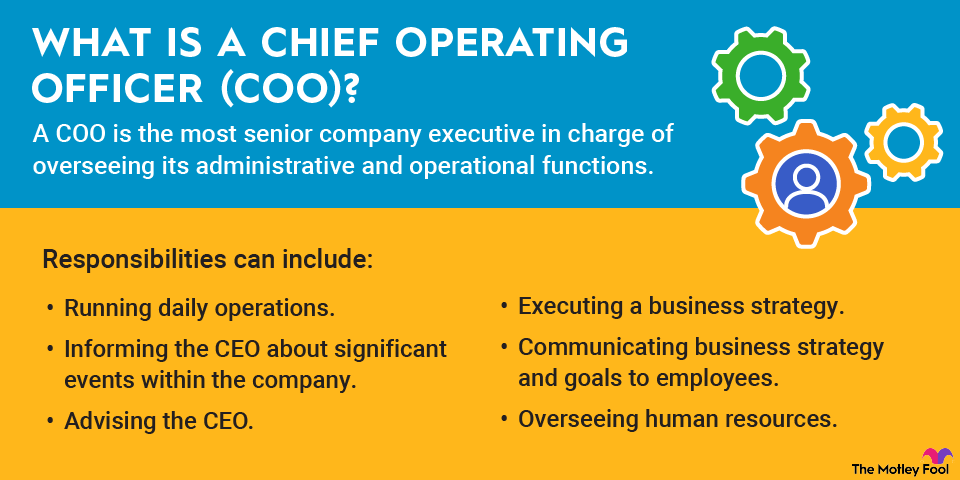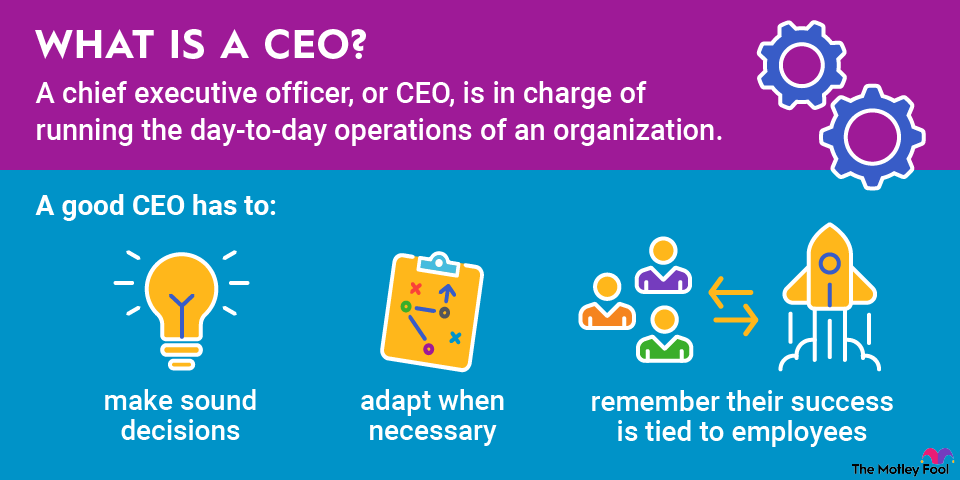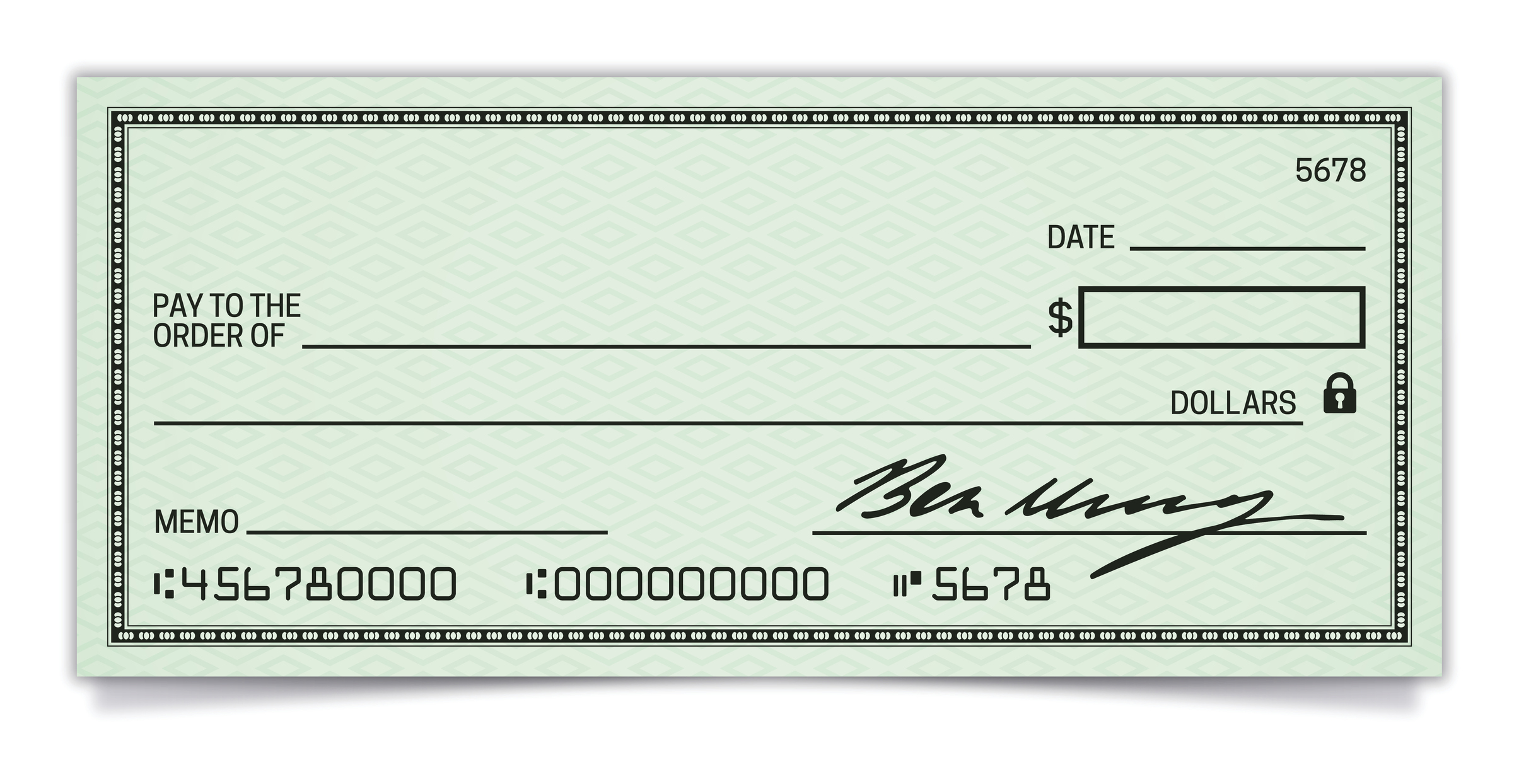Credit is so important to modern life that everyone knows you must have a decent credit score to really function financially in society. But what is a credit score, and how does it work?

What is a credit score?
Credit scores are absolutely ubiquitous today, affecting the big things and the little ones. Everything from renting a house to getting a phone plan hinges on that number. Simply put, a credit score tells other people how well you pay off your debt -- but that's also not entirely true. A person who lives on cash, for example, may very well pay their bills on time but still have almost no credit.
Ultimately, a credit score is about how well you manage credit. If you have healthy credit practices and keep a variety of credit types open, your score will be very good. If you don't, you may have no score at all. It's important to have a credit score for many different functions in society, however tempting it might be to operate solely on a cash basis.
What's a good credit score?
A good credit score is a very subjective thing, both because it depends on the type of credit you're applying for and the scoring model your institution uses. Credit cards often look for a VantageScore, but banks generally look at FICO for mortgage lending and other bank-secured loans.
A "good" FICO credit score is generally between 670 and 739. Anything above that is excellent and will make it very easy to secure credit. Scores between 580 and 669 are generally considered "fair" and will still give you plenty of credit access. Even scores below 580 may allow you to borrow from lenders that will accept higher risk, but you'll pay a hefty interest penalty.
Related investing topics
Credit scores and investing
Fortunately for stock investors, there's not much a credit score can do for or against them. Even though margin accounts are a type of credit, they don't generally require a credit score to secure because they're collateralized by your brokerage account balance.
However, real estate investors should pay much closer attention to their credit scores, as it can be hard to secure commercial real estate loans without exceptional credit. If your credit isn't that great, you can still invest in real estate investment trusts (REITs) or get involved with a privately funded project in some cases.
